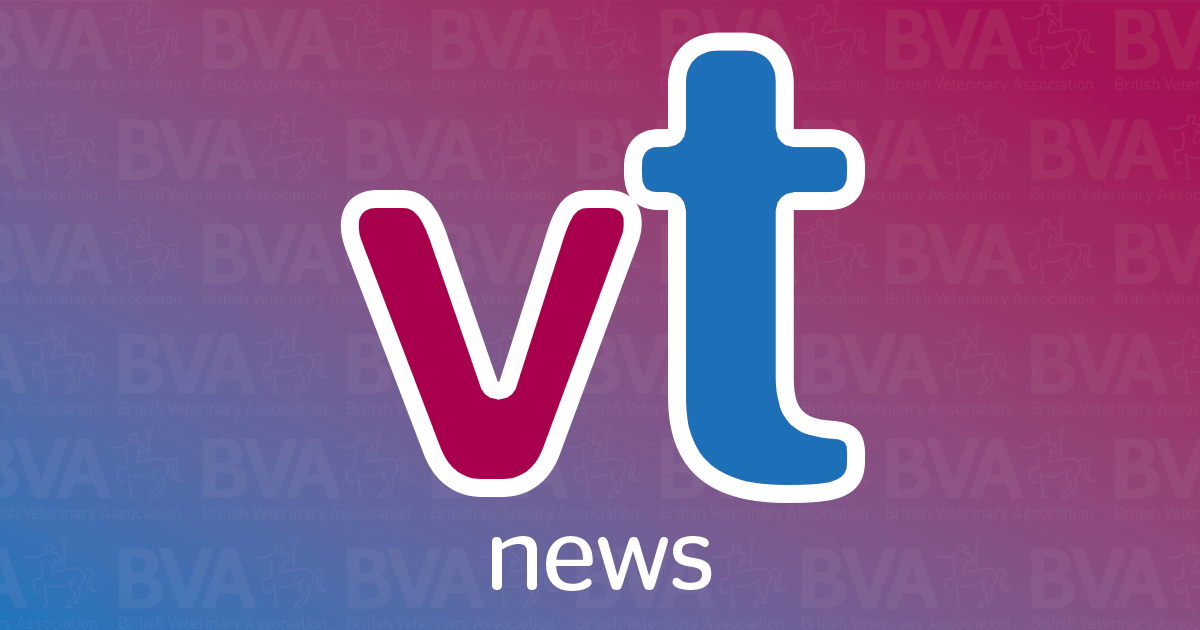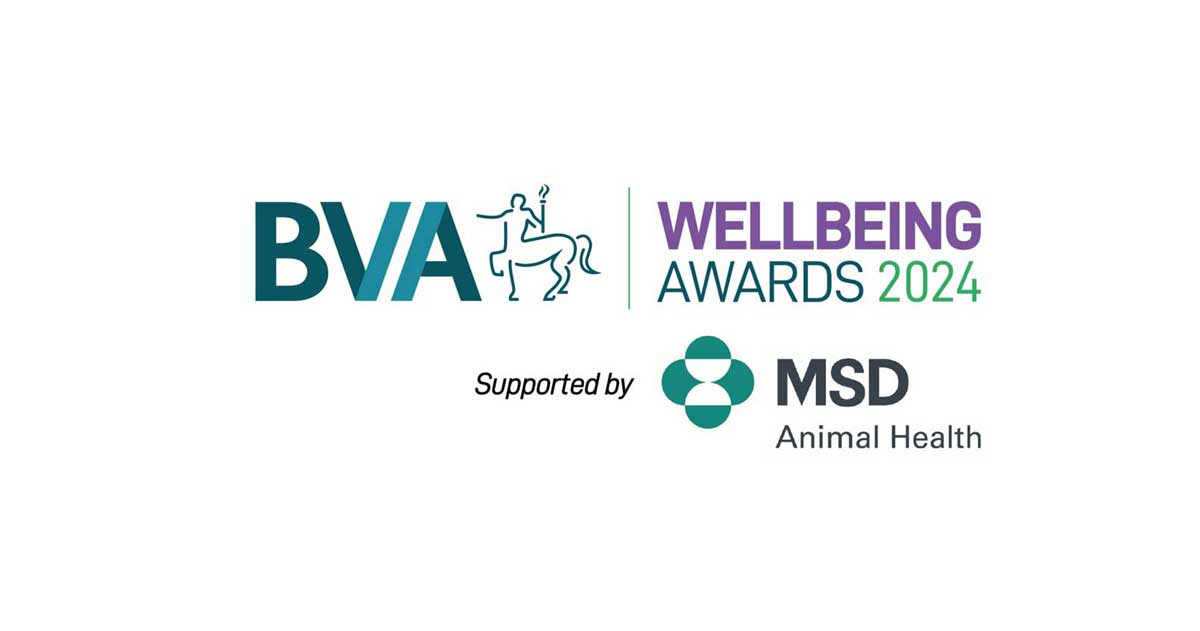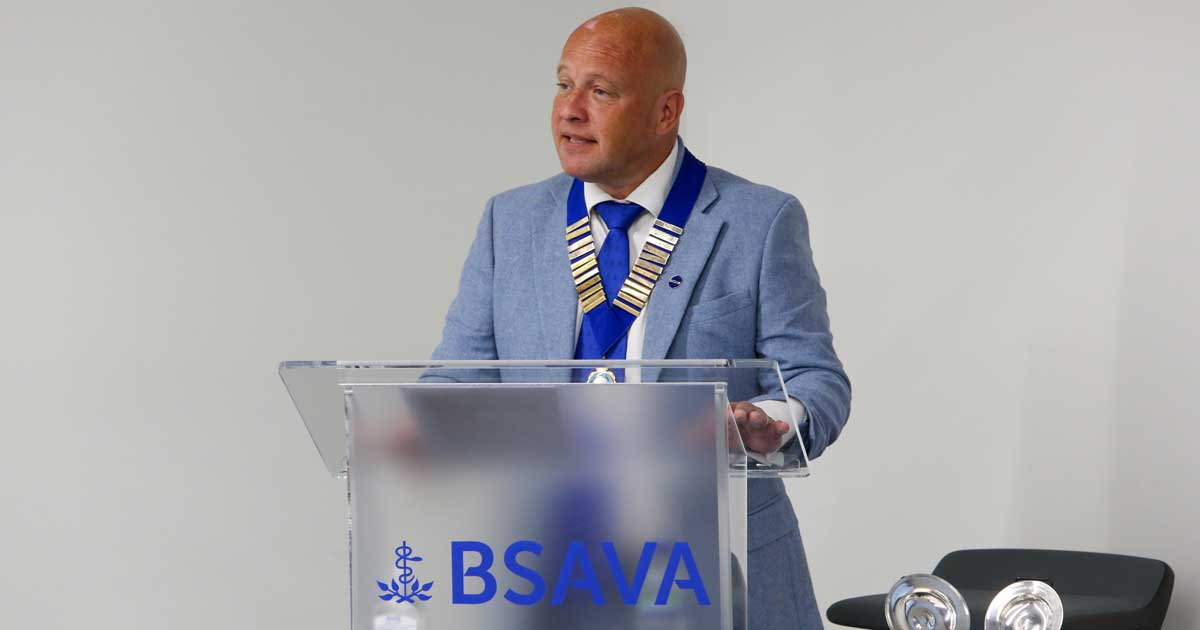
Professionals and students are being encouraged to take part in a consultation exercise, which is now underway as part of an RCVS review of the standards it requires for study programmes.
The college said it is particularly keen to receive feedback on its proposals relating to course sustainability and how students’ work is assessed and moderated.
But the measures have already been backed by the training company Lantra, which argued there are flaws in the existing structure.
Content
Veterinary nurse quality manager Stacey Bullock said: “As Lantra continues to work with the current standards, we have observed some repetitive, onerous content and parts not particularly fit for purpose as we deliver our own quality assurance management against it.
“We welcome the revisions proposed to the standards, supporting the addition of sustainability and academic integrity which aligns with our strategies and practices.”
As with similar frameworks, the college reviews standards for the education and training of veterinary nurses every five years to ensure providers have the structures in place to best provide contemporary, innovative and accountable courses.
The framework contains six key standards – learning culture, governance and quality, student empowerment, educators and assessors, curricula and assessment, and effective clinical learning.
The revised structure has been set out in a 38-page document published as part of the consultation process, which continues until 3 April.
Key changes
In the document, Sue Howarth, chairperson of the college’s VN education committee, wrote: “Some of the key changes we are proposing to the standards framework are around sustainability, including the potential impact of delivering the veterinary nurse training on the environment, and academic integrity, for example, around assessment and moderation processes.
“We would particularly appreciate feedback in these key areas.”
Julie Dugmore, the college’s director of veterinary nursing, added: “We are looking for veterinary nurses in all walks of life – as well as student nurses and veterinary surgeons – to provide constructive and specific feedback on our proposals.
“Your insights will help us ensure that the standards continue to enable veterinary nurse educators to deliver the best training and support possible for our students, prepare them for life in clinical practice, and ensure that animal health and welfare is a foremost consideration.
“In fact, animal health and welfare and public safety is central to our standards. Students will be in contact with patients and their owners throughout their education, and it is important that they learn in a safe and effective way.”
Welcome
The consultation process has also been welcomed by the BVNA, which described it as “an important opportunity for the profession to influence the future of veterinary nursing.”
The group added: “We would urge all RVNs and SVNs to take the time to look through the framework document and give their feedback. There are several updates to focus on; will these changes help SVNs to work in the profession of today and, more importantly, will SVNs be prepared for working in veterinary practice?”
The consultation document is available online at www.rcvs.org.uk/consultations
Questions about the process can be emailed to vetnursing@rcvs.org.uk
Credit to: Reform hope for college VN training consultation (Vet Times)
Vet Times. (2023). Reform hope for college VN training consultation [online]
Available at: https://www.vettimes.co.uk/news/reform-hope-for-college-vn-training-consultation/





